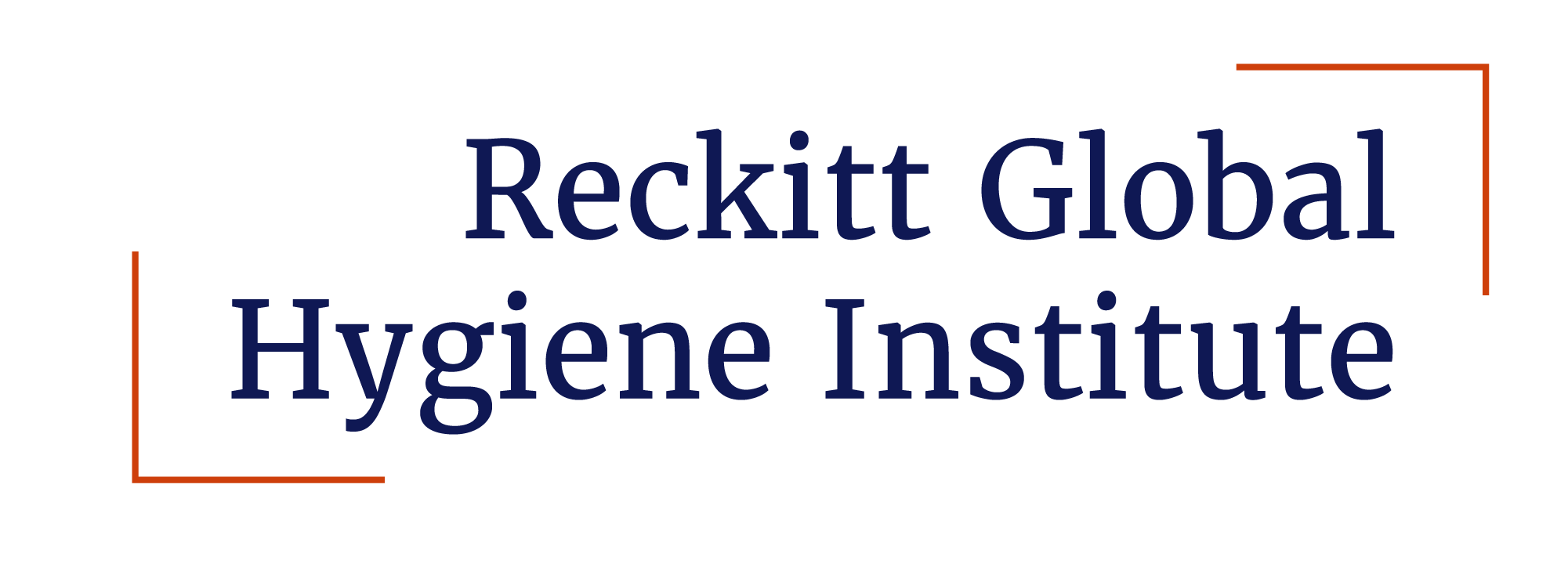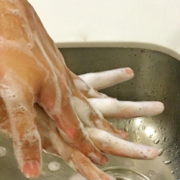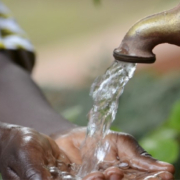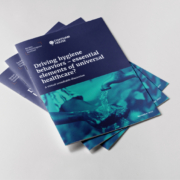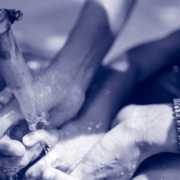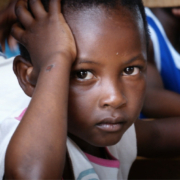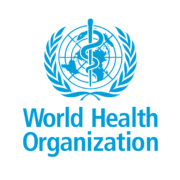Handwashing can curb diseases and save lives: A message on Global Handwashing Day
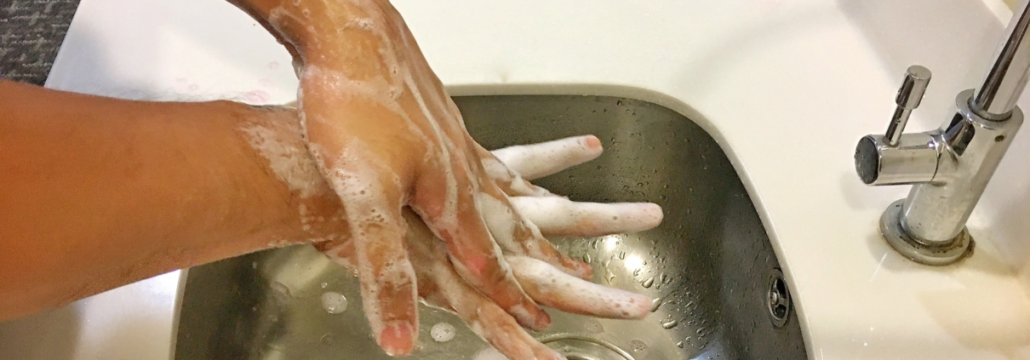
With thousands of people unnecessarily dying each year from illnesses that could be staved off through handwashing, governments around the world need to prioritize and increase their investments into hygiene research and into changing people’s behavior to regularly perform this simple act of washing their hands. On Global Handwashing Day, marked on October 15, that is an important message for this day and throughout the year, according to the Reckitt Global Hygiene Institute. RGHI is a nonprofit established in 2020, which bridges epidemiology, public health, and behavioral insights to generate practical scientific research that promotes hygiene behavior change that can save lives. Global Handwashing Day aims to generate more awareness and understanding about the need to wash hands as a means of staving off diseases and improving public health.
Currently, millions of people across the world fail to wash their hands, sanitize surfaces and take other steps to maintain good hygiene standards. There are many reasons for that. In some cases, there is a lack of knowledge about just how vital having clean hands can be. In other instances, there might be the awareness but limited access to clean water or soap. More than three billion people lack access to basic handwashing facilities, according to the World Health Organization (WHO).
The global health community as well as governments must determine how to overcome these barriers and change handwashing behavior in order to reduce future outbreaks, the spread of everyday diseases and the number of people who die each year from viruses, according to RGHI.
Each year, 400,000 people die from seasonal flu and 525,000 children aged five and under die from diarrhoeal diseases. These are illnesses that can be spread via dirty hands. Research shows that thoroughly washing hands could prevent up to one million deaths each year. This simple act of washing hands could reduce the risk of respiratory illnesses by between 16 and 21% and diarrheal disease deaths by up to 50%, and also reduce the risk of foodborne illness. Yet, hygiene remains an under-resourced and under-researched area of public health.
“When it comes to hygiene, governments around the world need to be investing much more money into making sure people have everything they need to practice good hygiene. A part of that investment should include more research into how to most effectively change people’s behavior so that handwashing and other hygiene practices are commonplace,” said David Wheeler, acting executive director of RGHI. Many people simply are not aware of why they should wash their hands or how to wash their hands, nor are they aware of the amount of bacteria that can otherwise remain on their hands, he added.
“Hand hygiene starts with ensuring the availability of clean water and soap, followed by education and interventions that actively encourage people to wash their hands,” Wheeler said.
Examples of successful interventions have included strategically locating handwashing facilities near kitchens and toilets, designing the facilities in bright colors, and putting toys in soap for children to play with. RGHI believes that more research should be conducted into what are the context-specific drivers of poor hygiene, what are the most effective ways of influencing hygiene practices at the community level, and what are the resources needed to implement those initiatives.
“If we can solve this problem and ensure that people around the world regularly wash their hands, millions of lives can be saved. This would reduce the spread of disease that can affect not only public health but also people’s ability to work and earn a living. This, in turn, can improve the economies of countries,” said Wheeler. “With these goals in mind, governments should prioritize hygiene as an area worth investing in.”
Currently, the WHO estimates that there is an annual $114 billion financing gap that is needed to ensure adequate and equitable hygiene and sanitation for all. This is a financing gap that needs to be filled, Wheeler said.
“While people living in high-income countries and areas may assume that handwashing is the norm globally, 1 in 3 people around the world actually do not have access to clean water,” said Wheeler. “Investing in straightforward interventions, including hygiene behavior change, can safeguard people and communities around the world from preventable infectious diseases.”
The United Nations’ Sustainable Development Goal 3 focuses on achieving good health and well-being for all by 2030. However, progress toward that goal has stagnated and is far behind where it should be. RGHI experts believe progress could be accelerated by investing in simple handwashing interventions and other measures.
“Progress doesn’t always have to be about the latest, most innovative technology. Handwashing is an intervention that we know works and that we know saves lives. Simply ensuring that this message is widely understood and able to be practiced would in itself dramatically impact global health, saving the lives of many and relieving a burden from strained health care systems,” Wheeler said. “It’s simple; clean hands save lives. Invest in that,” Wheeler said.
The upcoming Global Hygiene Symposium in Singapore on December 6-8, 2023, which is hosted by RGHI and the Chatham House, aims to drive innovative solutions in global health and expedite progress in hygiene as a pivotal component of overall well-being and global health security.
